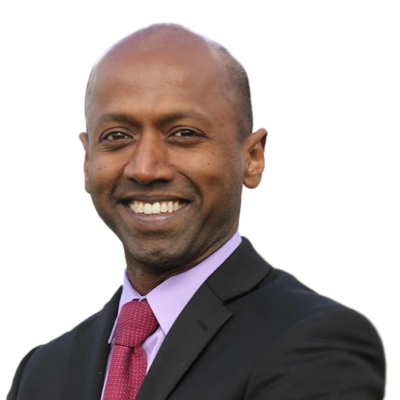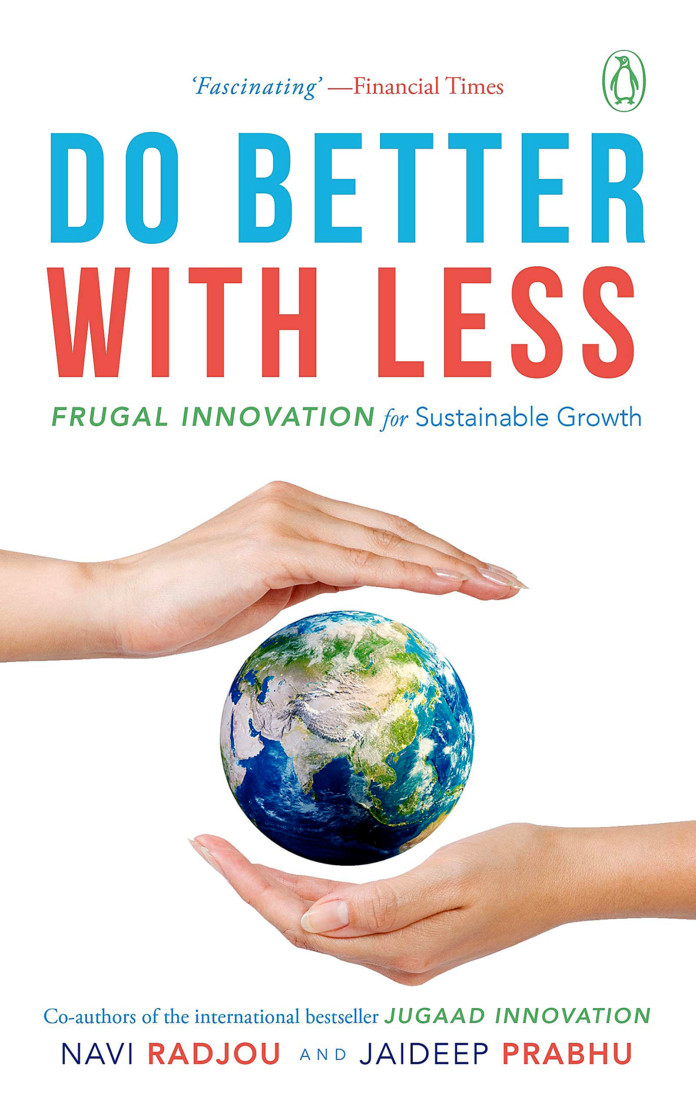At a time when a vocal section of Indians is convinced of India’s potential to be an Economic Superpower in half a decade or so, and the other section that smirks at it by showing that at 102 out of 117 ranking in the 2019 Global Hunger Index, this dream at best can be delusional.
Both the camps seem to be unaware, ignorant or blind to a very real potential force that could turn India into global Green Superpower. The good news is there’s already a foundation in place. But without a massive push from the government, industry, consumers and civil society, this dream too could be delusional.
In ‘Do Better With Less – Frugal Innovation for Sustainable Growth’ authors Navi Radjou and Jaideep Prabhu (published by Portfolio Penguin earlier this year), convincingly argue and demonstrate through several Indian case studies the golden opportunity staring at India.
India has been a leader of ‘frugal innovation’ for more than a decade. The world needs frugal innovation today and India clearly is showing the way through several success stories like its space mission, mobile revolution, portable ECG machine, portable and powerless infant warmer and many solid examples. The start-ups too are trailblazing in areas like affordable learning and healthcare products and solutions.


The world has moved on from heavy management philosophies like core competence, lean management, business process re-engineering, competitive advantage, bottom-of-the-pyramid and Capitalism as a panacea to all ills. The brand new philosophies today are Shared Economy, Maker Movement, Circular Economy, Frugal Innovation, Prosumers, among others.
Circular Industrialization
The authors, who had a successful book titled ‘Jugaad Innovation’ in 2012, show how well the emerging business and management terminologies are not only emanating from India but it could also be its passport to a more sustainable future. The debate is moving on from curtailing ecological footprint to ecological handprint – one that aspires to make a big positive impact.
India’s massive success in drastically reducing the cost of solar power to one tenth in a decade stands out. It has the potential in other areas as well like waste management but since it’s riddled with mafia politics, it’s not making much headway. The same is true with its farm sector.
These statistics could make the business class swoon. According to Ellen MacArthur Foundation estimates, by adopting an approach of reuse and recycle, (a circular economy idea), India could reap $624 billion in annual benefits in 2050. This could cut greenhouse gas emissions by 44%. “By going straight to circular industrialization, India can become a global hub for green innovations to prototype, pilot and scale frugal value chains that set global standards for efficiency and sustainability.”
About frugal innovation, the authors say, “Is a game-changing business strategy. It is more than a strategy, it denotes a new frame of mind, one that sees resource constraints as an opportunity, not a liability.” Late CK Prahalad had said that entrepreneurs are not constrained by resources but by their aspirations.
The 400-page tome is arguably one of the most persuasive literature about India’s future potential. It offers a convincing blue-print about how to go about it as well. It cleverly argues for an integrated approach to address current challenges such as massive inequality, poverty and inclusive growth. A must read for policy makers, academia, media and all those who believe in India’s true potential.
The biggest hurdle so far has been the short-term mindset of the political class that is known to prefer expediency over the much-needed deep reforms across all areas – political, administrative, judicial, education, healthcare, agriculture, water, energy. The list is agonizingly long. Hope this book helps build a sense of urgency.










